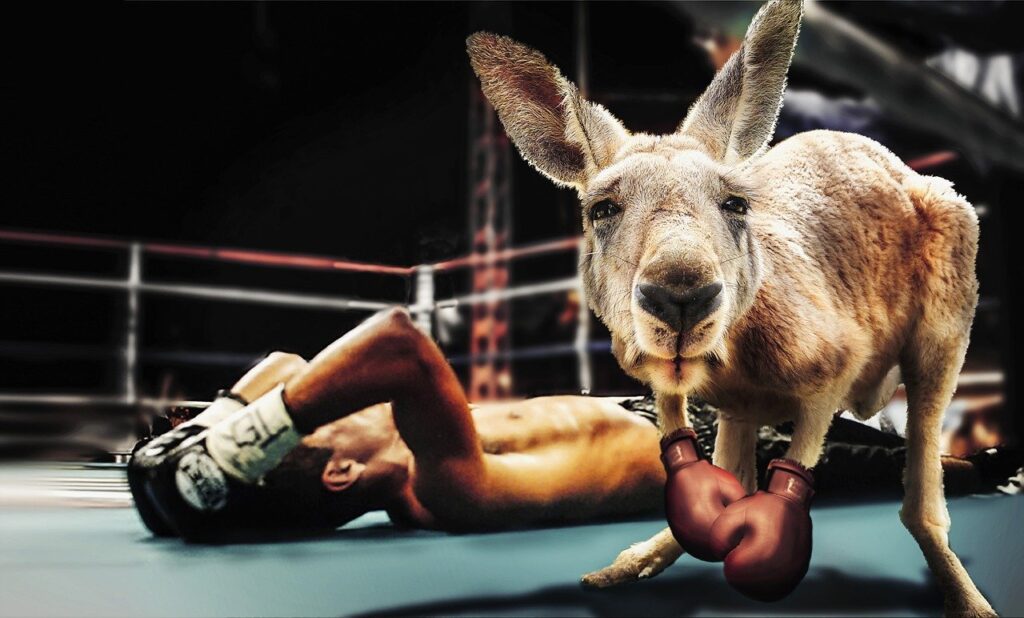An investigation into possible corruption during the Olympic boxing competition at Rio 2016 is to be led by Professor Richard McLaren, the man who uncovered the full extent of Russian state-sponsored doping.
The Guardian can reveal that McLaren, who found that more than a thousand Russian athletes in 30 sports had been part of a sophisticated doping programme, has now been tasked with investigating potential judging and refereeing irregularities in Rio by the International Boxing
As part of his remit McLaren and his team of forensic investigators from Harod Associates will also examine the activity of the individuals involved in the management and administration of Aiba to determine if there have been any acts of corruption.
“Boxing has a long history of questionable activities,” said McLaren. “There have been multiple past investigations into the sport that have either not been completed or acted upon. It is time for boxing to turn the page, but it cannot do so without a full accounting of any alleged misconduct.
“Our team will conduct an independent investigation into the questions surrounding corruption or manipulation of sporting results during the Rio Olympic Games, identify the persons responsible and recommend the appropriate course of action.”
A whistleblower line will also be set up, with the first part of McLaren’s inquiry due in August.
“I wish to thank Aiba for their confidence and trust and for giving us the freedom and support to conduct a thorough and comprehensive independent investigation,” he said. “They are looking to put some finality to the allegations that have plagued boxing for decades. My team has been given the independence to follow any and all leads to uncover the truth.”
There were widespread concerns before and during the Rio Games, with high-ranking officials exclusively telling the Guardian before the Olympics began that many bouts, including those to decide medals, could be fixed amid fears about corruption and financial malpractice at Aiba.
One senior figure in amateur boxing said there was “no doubt” some of the judges and referees in Rio “will be corrupted”. He alleged a group of referees get together before major championships to decide how to score certain bouts.
At the time, Aiba robustly defended itself, attributing the allegations to “subjective judgments from discontented parties” and referring to them as “rumours” without “tangible proof”.
During Rio 2016, the Irish bantamweight Michael Conlan was one athlete to allege corruption after losing a controversial decision to the Russian Vladimir Nikitin. “I came for gold and I’ve been cheated. I’ll not do another Olympics. I would advise anybody not to compete for the Aiba,” Conlan said.
“At the end of the first round, it had been so easy, so comfortable, I wasn’t even out of breath. I said: ‘I’ll win this easy.’ But I was told I was down. I’ve been robbed of my Olympic dream.”
Aiba’s then president, Dr Ching-Kuo Wu, indicated the governing body would subject Conlan to disciplinary action but the fighter turned professional. Wu also vehemently denied all allegations of corruption against Aiba.
An initial in-house Aiba investigation in 2017 found no “active interference” in the results in Rio but it permanently removed all of its so-called “five-star” judges from international competition and admitted that “a concentration of decision-making power” and “an unwelcome axis of influence” affected its judging at the Games.
It is understood the investigation by McLaren is part of a range of measures being undertaken by Aiba in an attempt to return to the international sport fold after the Olympic boxing qualifying tournament for Tokyo 2020 was taken off its hands by the IOC.
.
By Sean Ingle, June 12, 2021, published on The Guardian






